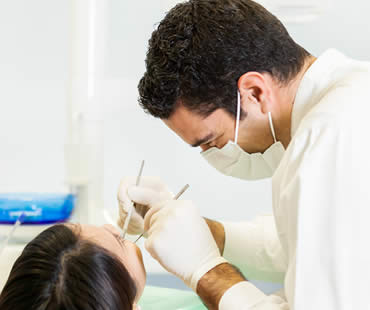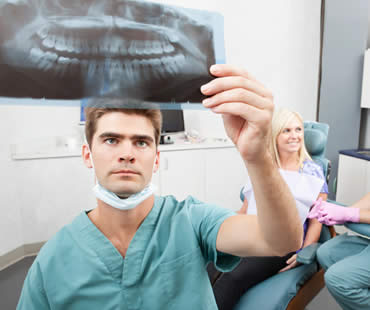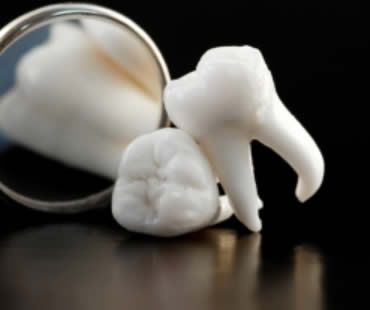
Mar 27, 2020 | Blog, Dental Topics 2, Oral Surgery
Wisdom teeth are the last adult teeth to erupt into the mouth, generally emerging between the ages of seventeen and twenty-one. They are the third set of molars and are in pairs: two each on the top and bottom arch of teeth. While some patients don’t have wisdom... 
Dec 20, 2019 | Blog, Dental Topics 2, Oral Surgery
There are a number of reasons that dentists or oral surgeons recommend surgery, but facial injuries are probably the most unexpected and alarming cause. Maxillofacial injury, or facial trauma, refers to any injury to the mouth, jaw, and face. Most of these injuries... 
Nov 29, 2019 | Blog, Dental Topics 2, Oral Surgery
Obstructive sleep apnea is a condition created when a portion of the upper airway is blocked, causing breathing interruptions during sleep and low blood oxygen levels. As many as 20% of adults are affected by mild obstructive sleep apnea, while one in fifteen suffers... 
Sep 27, 2019 | Blog, Dental Topics 2, Oral Surgery
Gum disease is a serious problem. You should treat it as soon as possible following the recommendations of your dentist. Also known as periodontal disease, it has several treatments, depending on the severity of the issue. Your first course of action is to completely... 
Jul 5, 2019 | Blog, Dental Topics 2, Oral Surgery
While minor gum recession can be treated by your dentist with deep cleaning and antibiotics, serious gum recession can only be treated with oral surgery. A loss of bone and gum pockets that are very deep require gum surgery to address the pain and damage left by acute... 
May 10, 2019 | Blog, Dental Topics 1, Oral Surgery
Wisdom teeth are the third set of molars, and usually emerge in the late teens or early twenties. Standard dental practice is to remove wisdom teeth prior to them being fully formed when the roots have not yet had a chance to develop and fully root into the jaw....






